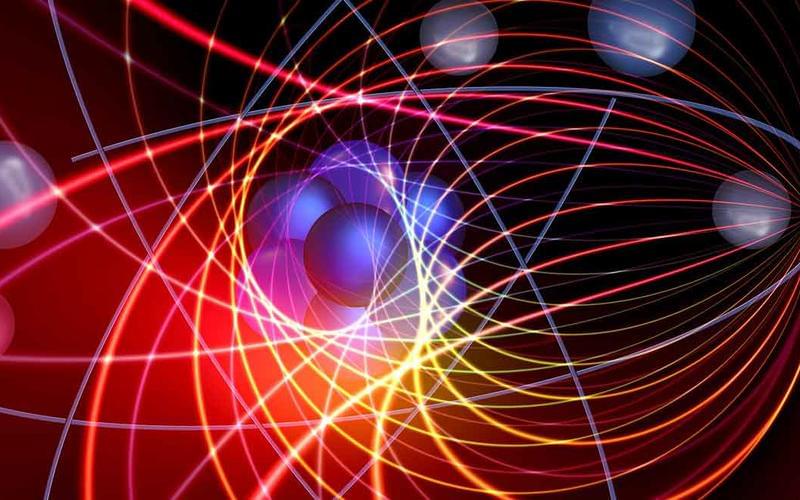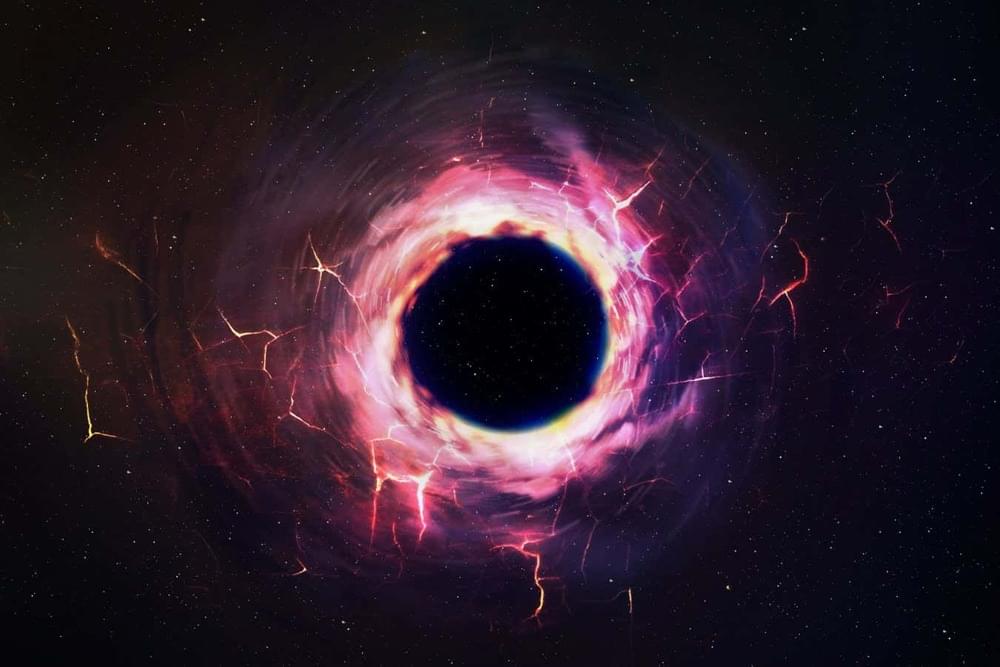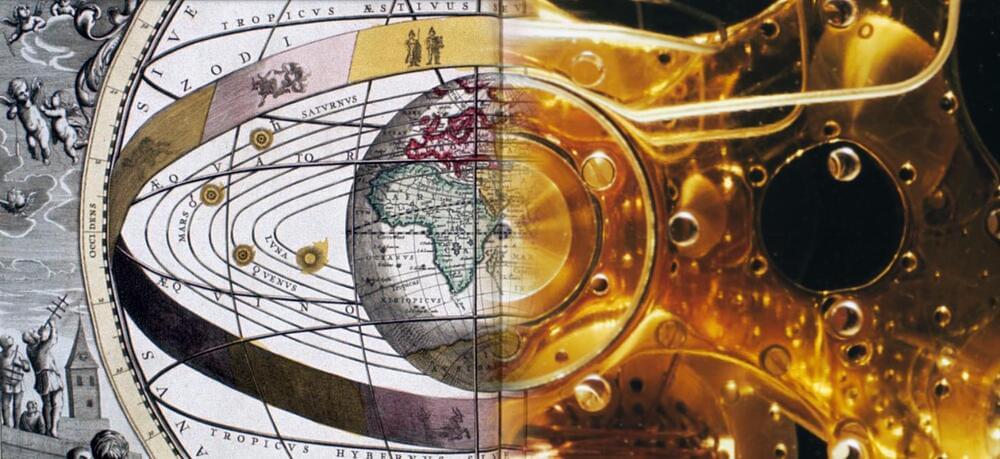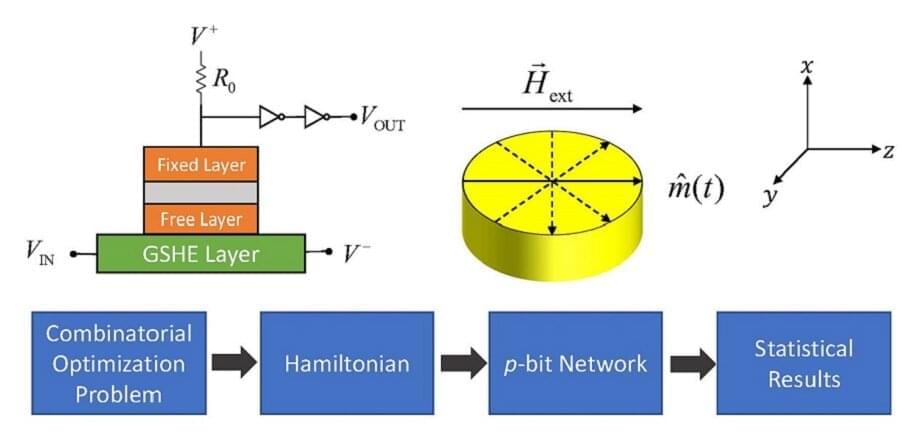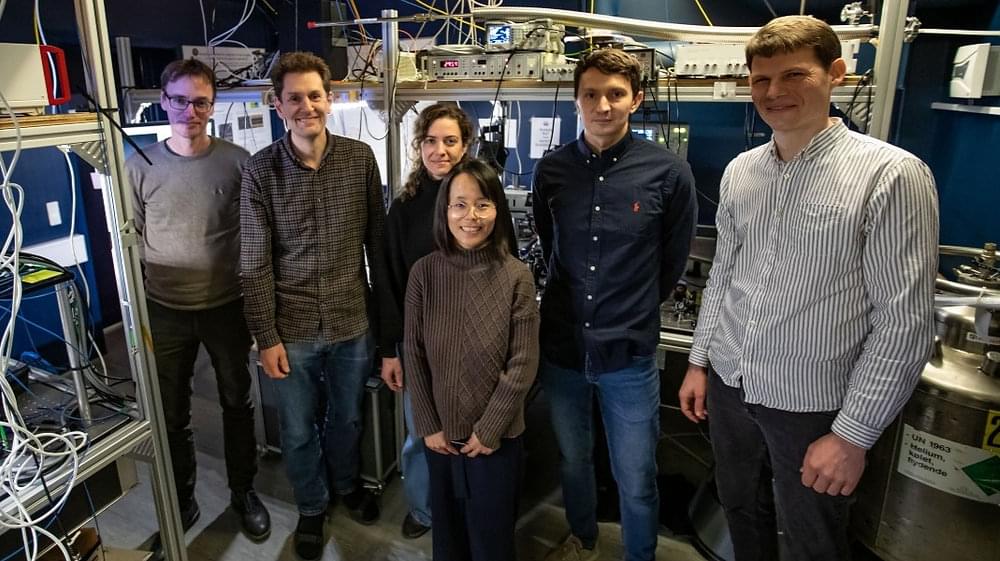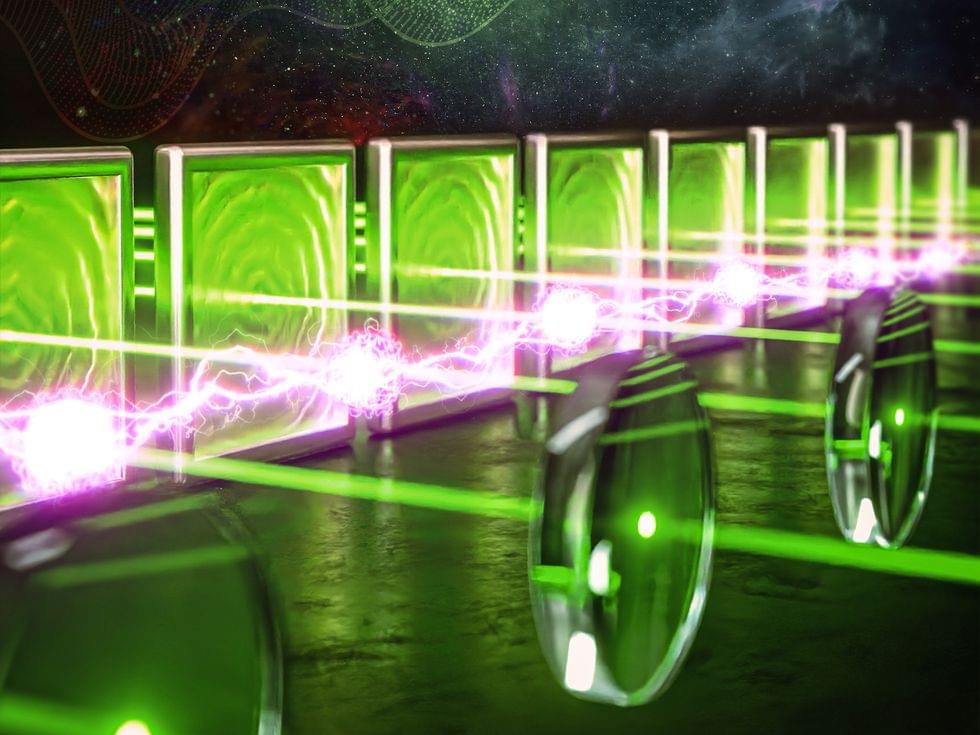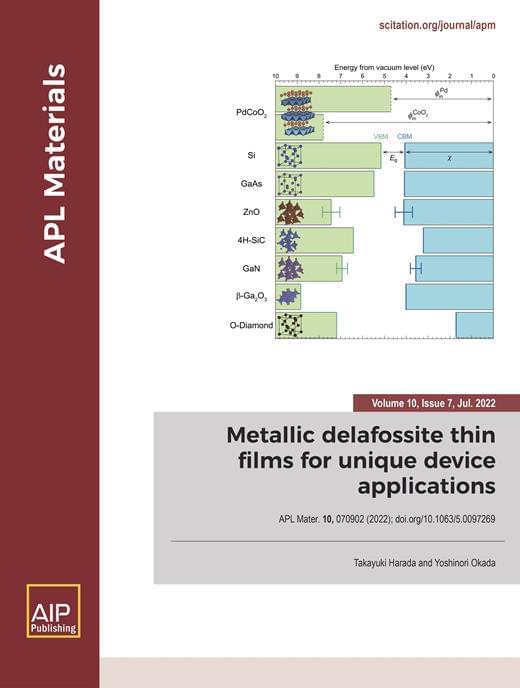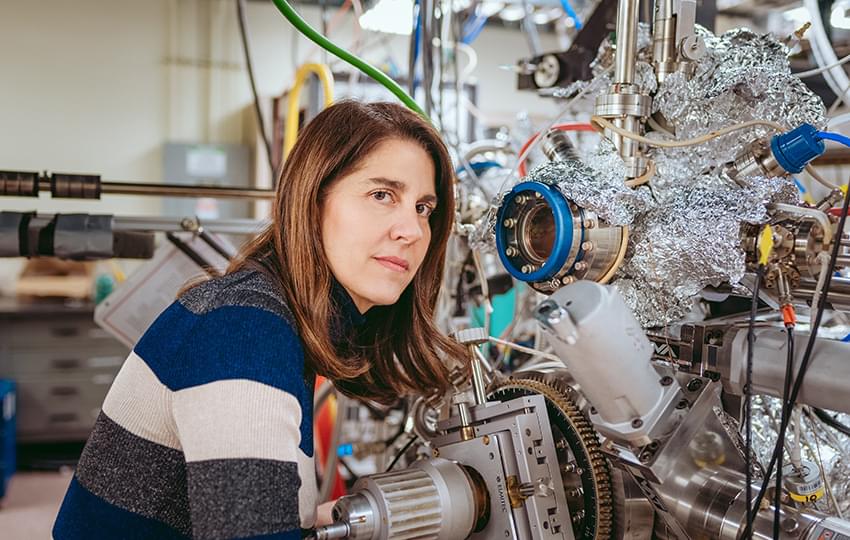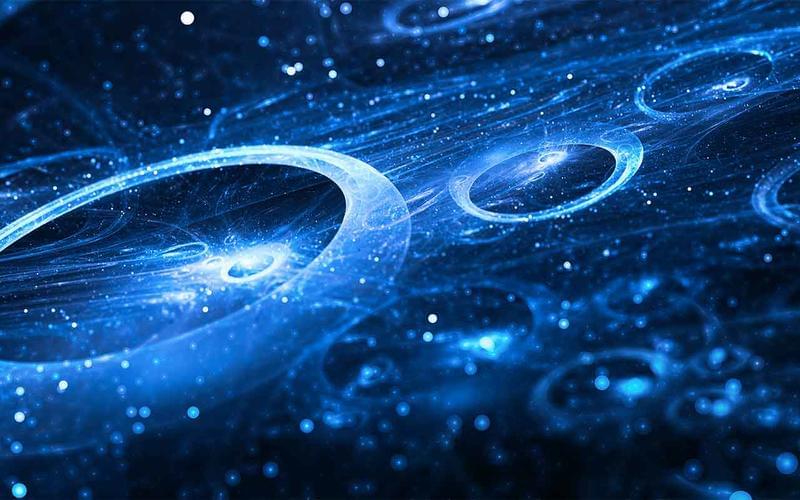
Quantum objects make up classical objects. But the two behave very differently. The collapse of the wave-function prevents classical objects from doing the weird things quantum objects do; like quantum entanglement or quantum tunneling. Is the universe as a whole a quantum object or a classical one? Artyom Yurov and Valerian Yurov argue the universe is a quantum object, interacting with other quantum universes, with surprising consequences for our theories about dark matter and dark energy.
1. The Quantum Wonderland
If scientific theories were like human beings, the anthropomorphic quantum mechanics would be a miracle worker, a brilliant wizard of engineering, capable of fabricating almost anything, be it a laser or a complex integrated circuit. At the same token, this wizard of science would probably look and act crazier than a March Hair and Mad Hatter combined. The fact of the matter is, the principles of quantum mechanics are so bizarre and unintuitive, they seem to be utterly incompatible with our inherent common sense. For example, in the quantum realm, a particle does not journey from point A to point B along some predetermined path. Instead, it appears to traverse all possible trajectories between these points – every single one! In this strange realm the items might vanish right in front of an impenetrably high barrier – only to materialize on the other side (this is called quantum tunneling).
